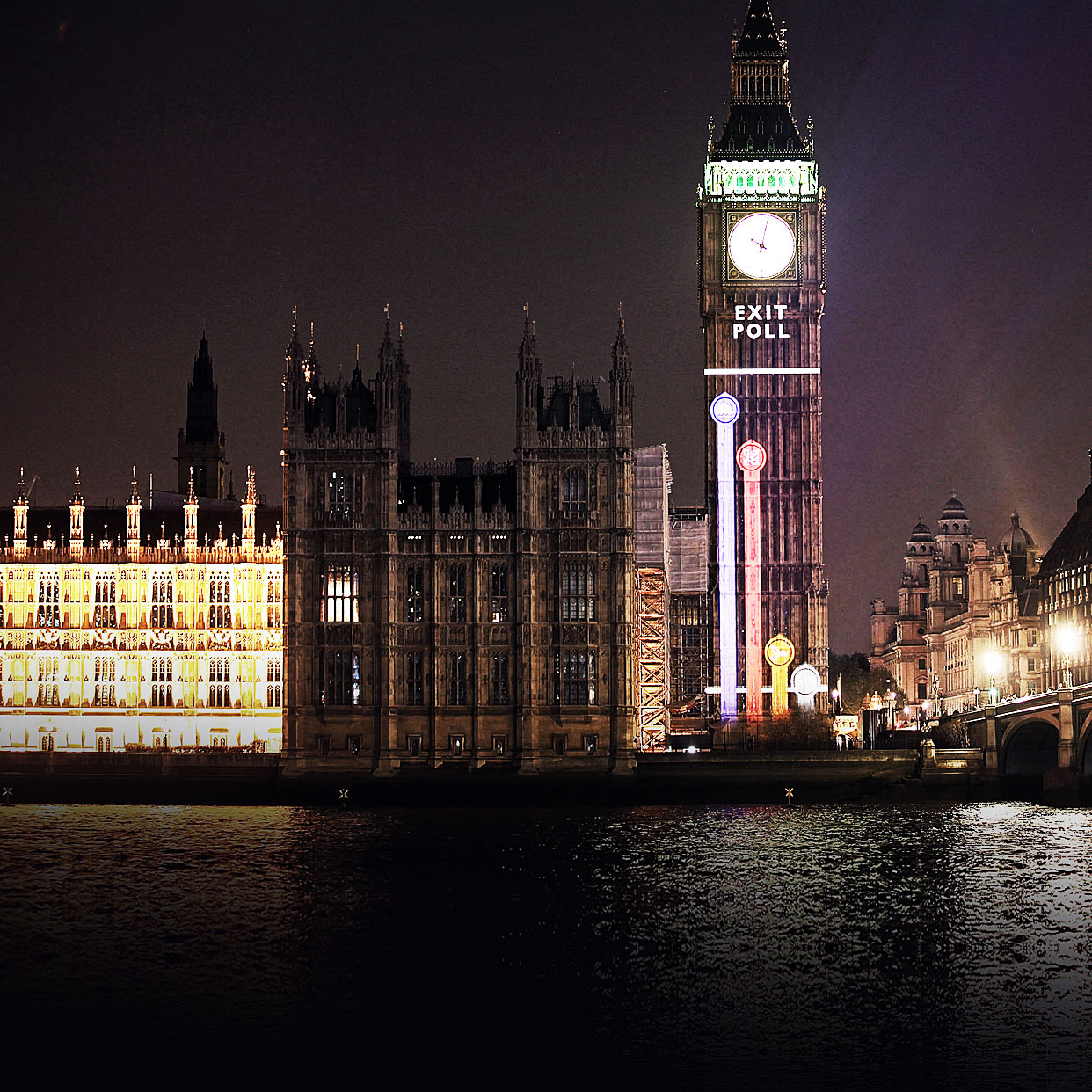General election 2017: The problem with the polls
Hung parliament? Tory landslide? With such extremes predicted, should we even bother consulting the pollsters?

A free daily email with the biggest news stories of the day – and the best features from TheWeek.com
You are now subscribed
Your newsletter sign-up was successful
Labour support has surged in the past three weeks, narrowing the gap with the Tories and raising hopes and fears alike that Theresa May will be denied the large majority predicted when she called the snap election. So tight is the race said to be, some polls are even predicting a hung parliament.
But what if they are wrong? They were at the last election, an error attributed to an over-estimation of the number of young people who would vote.
Turnout among younger voters will again be crucial, says the Financial Times. Pollsters ICM found "nearly three-quarters of 18 to 24-year-olds say they will back the Labour party on 8 June, compared with just 15 per cent of over-65s".
The Week
Escape your echo chamber. Get the facts behind the news, plus analysis from multiple perspectives.

Sign up for The Week's Free Newsletters
From our morning news briefing to a weekly Good News Newsletter, get the best of The Week delivered directly to your inbox.
From our morning news briefing to a weekly Good News Newsletter, get the best of The Week delivered directly to your inbox.
Since the campaign began in April, more than 1.5 million under-35s have signed up to vote, the Daily Mirror reports, but they are also the demographic least likely to make it to the polls.
Fresh statistics from the National Centre for Social Research suggest only 53 per cent of those under 30 are certain to cast their ballot. In the 2015 general election, 18 to 24-year-olds were almost half as likely to vote as those aged over 65, says Politico.
A last-minute upset is not beyond Labour's grasp, but it will be "hugely dependent on the 8 June election bucking a well-worn trend".
Another consistent problem with UK general election polling has been the "historical overestimation of Labour support", says Anthony J Wells, political director of YouGov.
A free daily email with the biggest news stories of the day – and the best features from TheWeek.com
In the 2015 general election, pollsters boosted Labour's vote share by between three and four per cent, "as opinion polls have tended to since 1959", says Ipsos Mori boss Ben Page in The Times.
This is down to unrepresentative sampling and overstated estimations of turnout, which polling firms have attempted to redress with a variety of changes to their methods to try to correct.
We will see whether pollsters have been able to correct their tendency to overstate Labour support on 8 June, says Wells, "or indeed, whether they've gone too far and resulted in a pro-Tory skew".
US pollster Nate Silver writes on FiveThirtyEight that UK polls have been "both highly volatile and fairly inaccurate".
He writes: "Pollsters are under a lot of pressure to get the answer right, and they're constantly tinkering with their methods. But there are a lot of moving parts and there's only one election every few years for them to test their methods upon.
"If they don't make any changes, pollsters might duplicate a previous mistake. But they also might overcompensate for one-off circumstances that won't replicate themselves again."
It is a "timely reminder that polling is an art, not a science", writes Anne Perkins in The Guardian.
-
 6 of the world’s most accessible destinations
6 of the world’s most accessible destinationsThe Week Recommends Experience all of Berlin, Singapore and Sydney
-
 How the FCC’s ‘equal time’ rule works
How the FCC’s ‘equal time’ rule worksIn the Spotlight The law is at the heart of the Colbert-CBS conflict
-
 What is the endgame in the DHS shutdown?
What is the endgame in the DHS shutdown?Today’s Big Question Democrats want to rein in ICE’s immigration crackdown
-
 How corrupt is the UK?
How corrupt is the UK?The Explainer Decline in standards ‘risks becoming a defining feature of our political culture’ as Britain falls to lowest ever score on global index
-
 The Mandelson files: Labour Svengali’s parting gift to Starmer
The Mandelson files: Labour Svengali’s parting gift to StarmerThe Explainer Texts and emails about Mandelson’s appointment as US ambassador could fuel biggest political scandal ‘for a generation’
-
 Three consequences from the Jenrick defection
Three consequences from the Jenrick defectionThe Explainer Both Kemi Badenoch and Nigel Farage may claim victory, but Jenrick’s move has ‘all-but ended the chances of any deal to unite the British right’
-
 The high street: Britain’s next political battleground?
The high street: Britain’s next political battleground?In the Spotlight Mass closure of shops and influx of organised crime are fuelling voter anger, and offer an opening for Reform UK
-
 The MAGA civil war takes center stage at the Turning Point USA conference
The MAGA civil war takes center stage at the Turning Point USA conferenceIN THE SPOTLIGHT ‘Americafest 2025’ was a who’s who of right-wing heavyweights eager to settle scores and lay claim to the future of MAGA
-
 Is a Reform-Tory pact becoming more likely?
Is a Reform-Tory pact becoming more likely?Today’s Big Question Nigel Farage’s party is ahead in the polls but still falls well short of a Commons majority, while Conservatives are still losing MPs to Reform
-
 What does the fall in net migration mean for the UK?
What does the fall in net migration mean for the UK?Today’s Big Question With Labour and the Tories trying to ‘claim credit’ for lower figures, the ‘underlying picture is far less clear-cut’
-
 Five takeaways from Plaid Cymru’s historic Caerphilly by-election win
Five takeaways from Plaid Cymru’s historic Caerphilly by-election winThe Explainer The ‘big beasts’ were ‘humbled’ but there was disappointment for second-placed Reform too